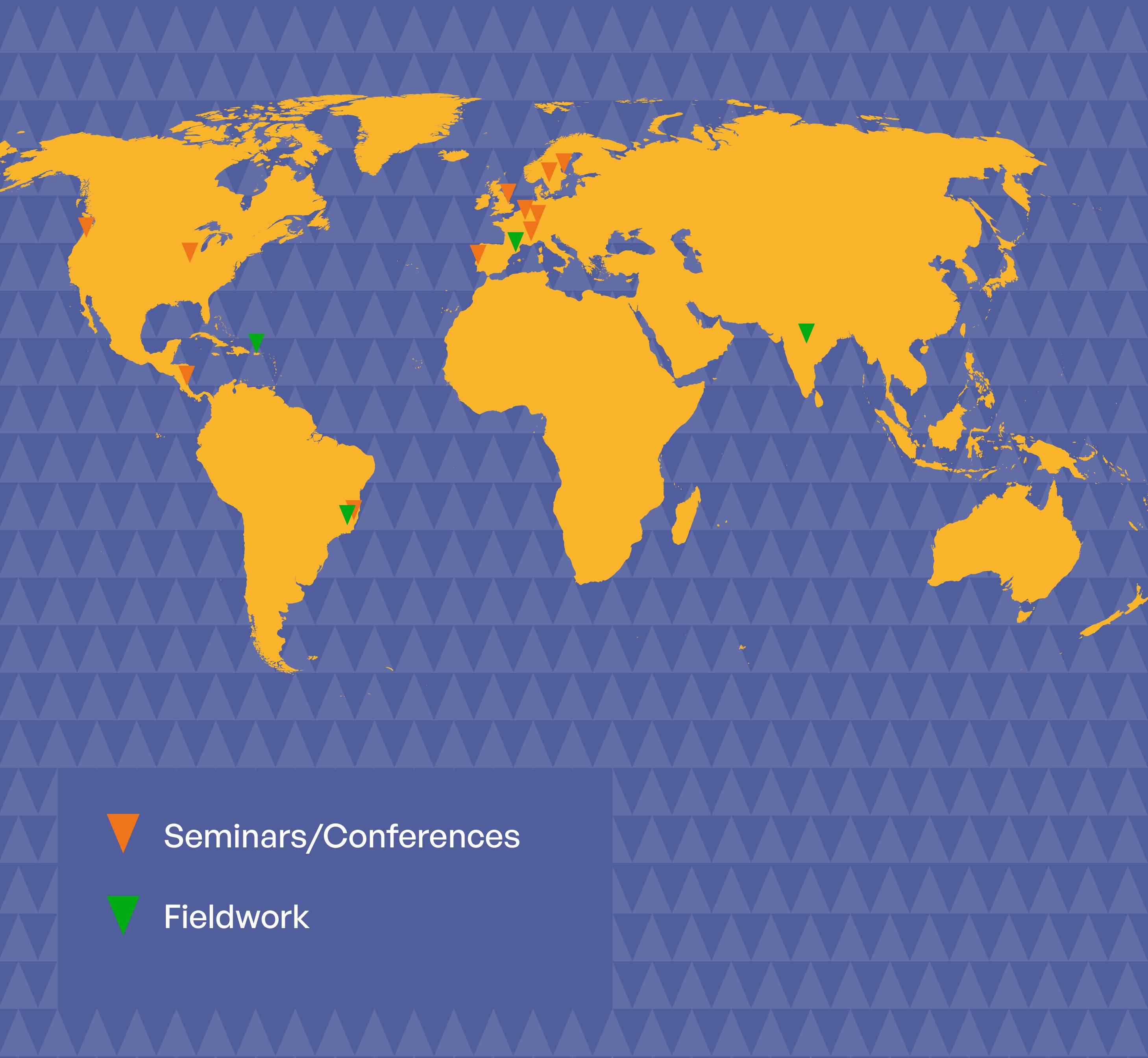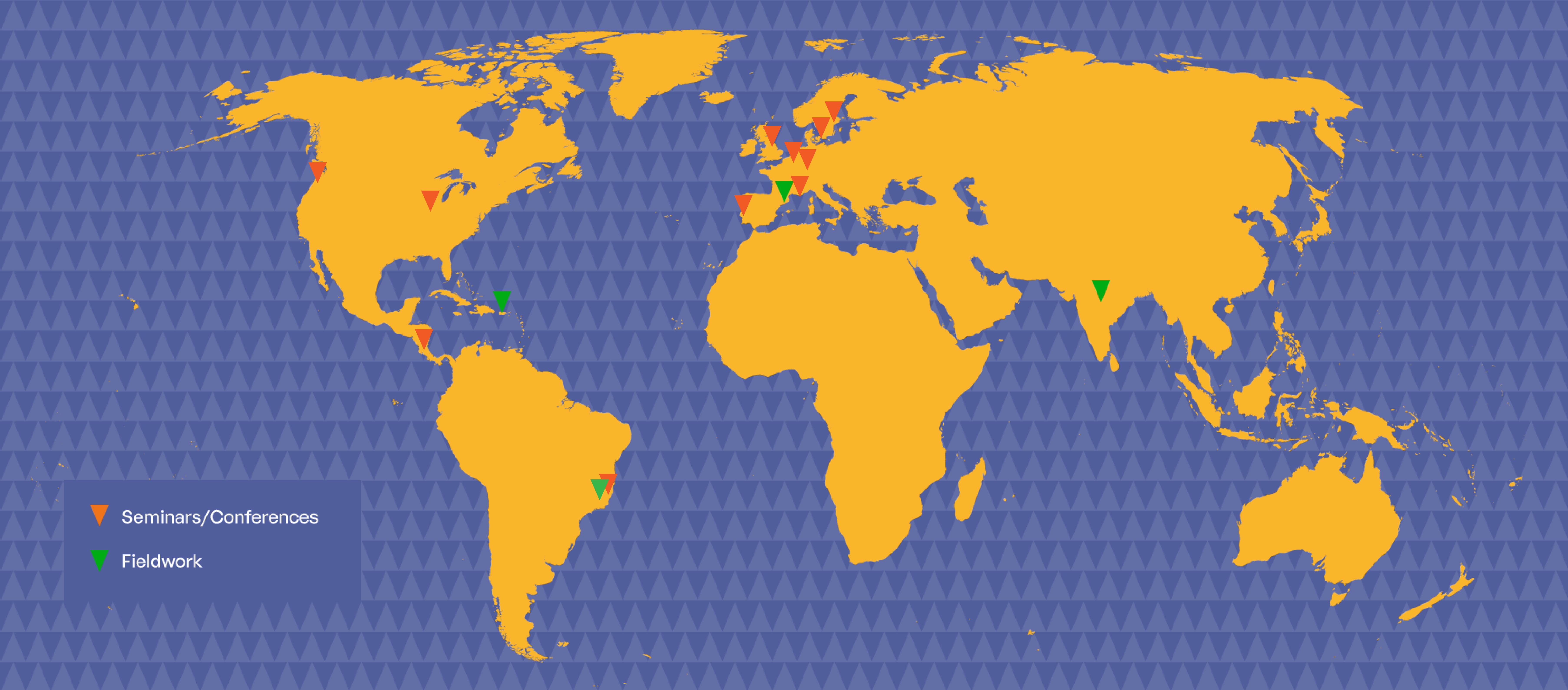To carry out this project, we will investigate the relationships of (mis)trust different individuals establish with three different types of images: “social images”, “religious images” and “scientific images”. We will also seek for the intersection between the attitudes, conceptualizations and practices associated to these images. What is a Faker image in religion? Why we “believe” in scientific images? How we recognized “forgery” in digital images? These are some of the questions to be explored.
Objectives
Our purpose

Social images
This task is devoted to the analysis of images (and especially photographs) aimed at “representing” or “showing” the current political and social situation of the contemporary world. It will include images made by photojournalists, documentary filmmaker and artists. It will also consider the presence of “fake” images on Internet and on the Social networks, by tracking their “lives”, meanings and modes of reception.

Religious images
This section will be developed in two fields where religious images play a primordial role: on the one hand, in the Caribbean, in the context of “Afro-American” religions and, on the other hand, in India within the framework of Hinduism and other religious practices. The presence of religious images on the web and in migratory processes will be also taken into account.
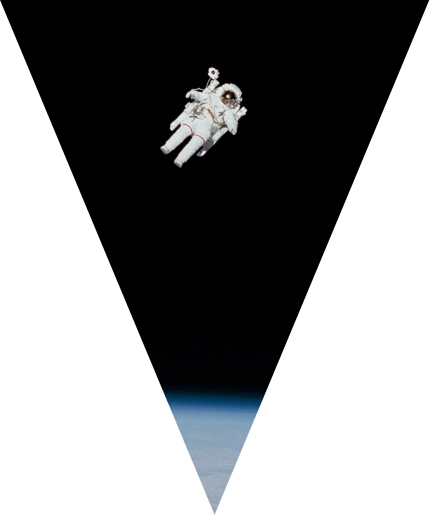
Scientific Images
This task will be divided into two types of images: images of outer space and images of the human body. A researcher will carry out fieldwork in astronomical image laboratories and the other one in laboratories producing visual material for medical diagnosis through image. We will also take into account the areas where these images are circulated and intensified (hospitals, educational centres, science museums, specialized journals, among others).
Who?
The research team of this project is composed by the Principal Investigator (PI), 2 Phd researchers and 3 Postdoctoral researchers.

Roger Canals Vilageliu
PI of the project and responsible of Task 2.1 (Religious Image, Afro-American Cults in Puerto Rico, Europe and on the Internet)
Roger Canals works as an associate professor at the University of Barcelona. He is the author of many articles as well as of the book A Goddess in Motion (Berghahn Books, 2017). As a filmmaker, he has made numerous internationally-recognised films in the Caribbean, Africa and Europe. He has been the curator of several exhibitions. In 2016, he received the Fejos Postdoctoral Fellowship in Ethnographic Film (Wenner-Gren Foundation).
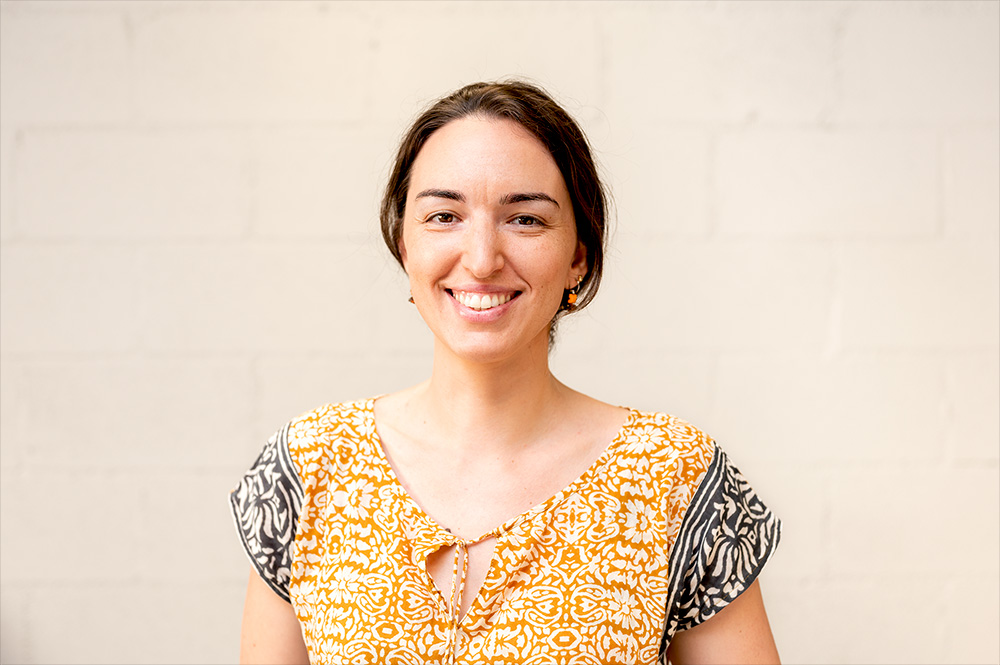
Amanda Bernal Pérez
PhD researcher and responsible of Task 1.1 (Social Image, Photojournalism and Documentary Film)
Amanda Bernal is an anthropologist, visual facilitator, and cultural manager. She also has an extensive experience as a photographer. Bernal is the co-director of the Lumínic photography platform and festival, conducting curating and production duties, among others. She usually runs participatory photography workshops and participates in anthropology and photography conferences. Her recent research involved the relations between photography and health during the Covid-19 pandemic. Currently, she is investigating how trust is generated in documentary photography and film.
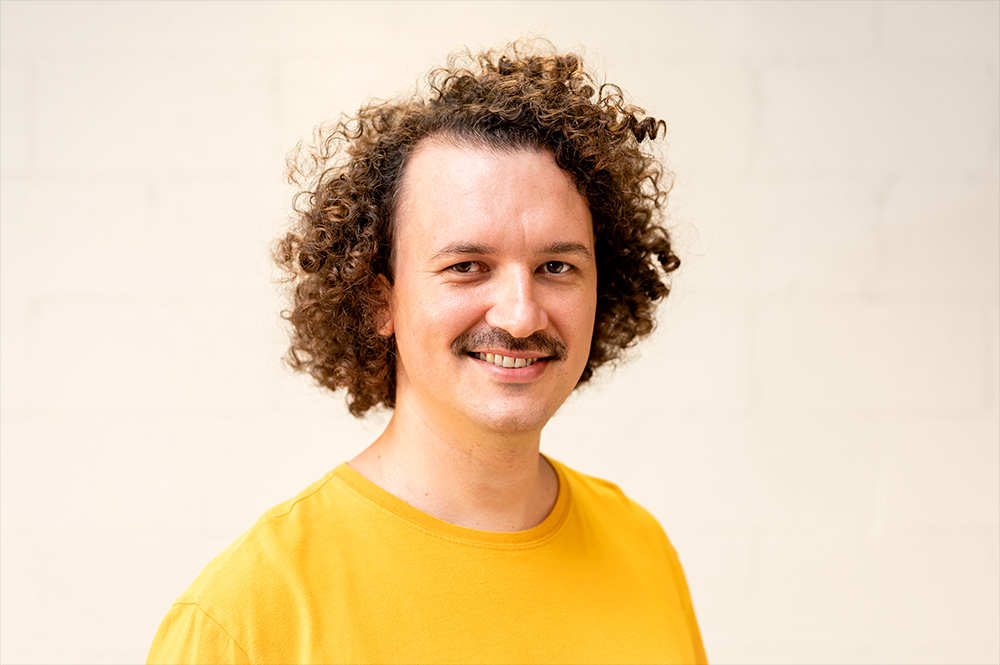
Mihai Andrei Leaha
Postdoctoral researcher and responsible of Task 1.2 (Social Image, The Visual Fake on Internet and on the Social Network)
Mihai Andrei Leaha is an audio-visual researcher who works in the fields of visual and multimodal anthropology. He has a long-term involvement with curating, promoting, and programming ethnographic films at conferences and festival events. The Romanian researcher has taught visual anthropology in Cluj and São Paulo, and organised conferences and workshops on visual and multimodal anthropology in Romania, Brazil and Peru. His recent work includes the creation of a multimodal book and a film series about the DIY, electronic music scene in São Paulo, Brazil.
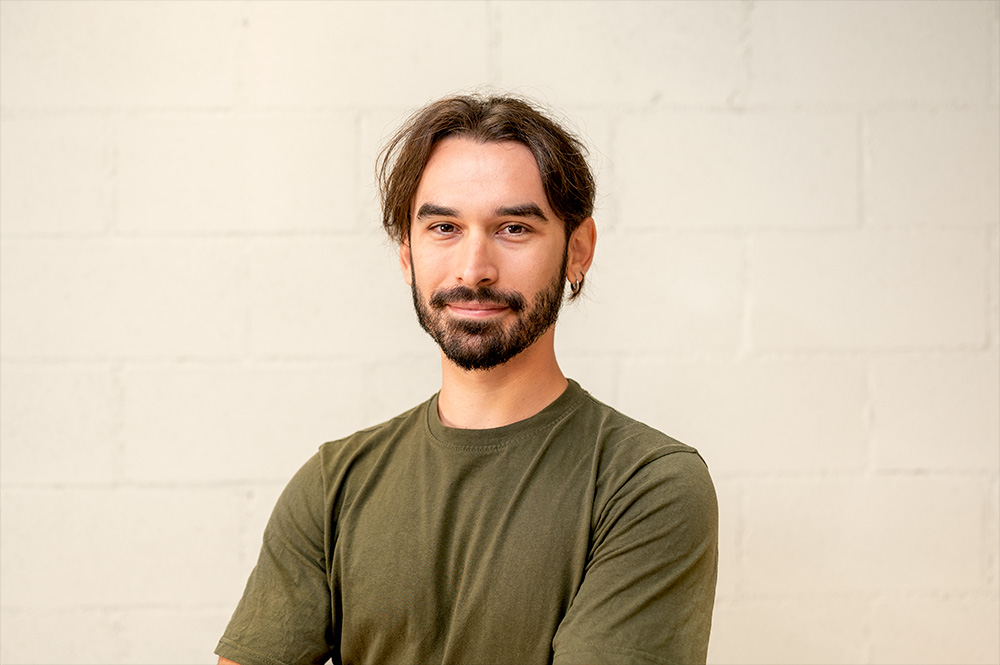
Juan Francisco D. Cuyás
PhD researcher and responsible of Task 2.2 (Religious Image, Hinduism and religiosity in India, Europe and on the Internet)
Juan Francisco D. Cuyás is a visual anthropologist, photographer, and filmmaker with expertise in multimodal approaches. He has conducted extensive fieldwork across India and Europe, exploring topics such as diaspora, religion, and political ecology. As an image-maker, he has produced various ethnographic films, photo essays, and the photobook "Kariño". His work has been featured in film and photography exhibitions, and he actively participates in academic seminars and workshops. Additionally, he has worked on a rural development project focused on rehabilitating lakes in Bangalore in 2019.
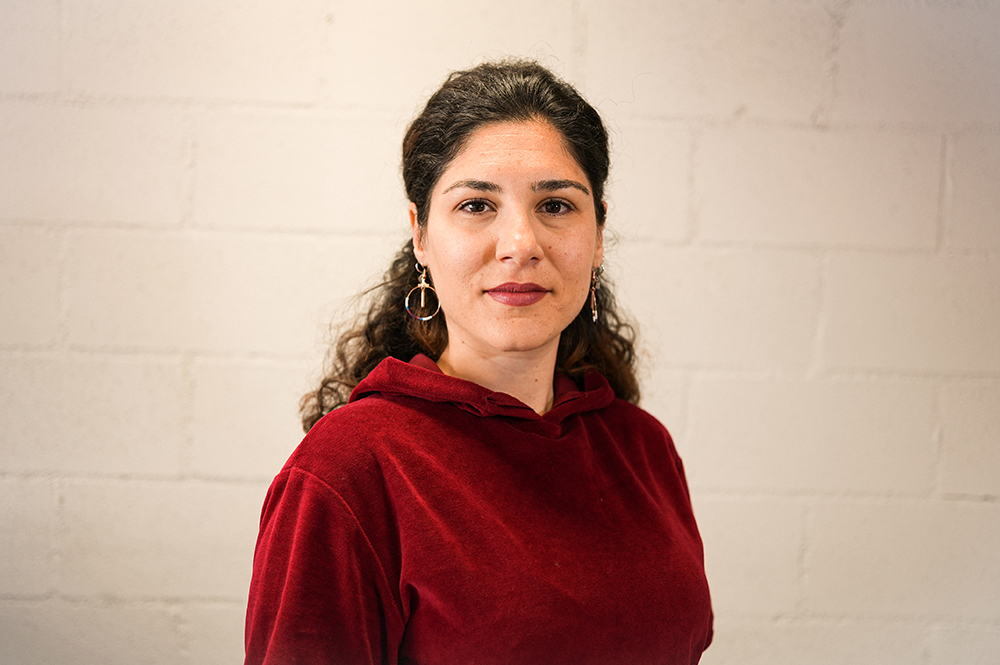
Alkim Erol
Postdoctoral researcher and responsible of Task 3.1 (Images of the outerspace and the scientific aesthetics)
Alkim Erol is a postdoctoral researcher whose research focuses on the interaction between philosophy, digital culture, and ‘cinematic thinking’. She holds a Ph.D. in Humanities and Communication. She was a visiting graduate researcher in the Political Science Department at UCLA. She is the author of various articles, essays and a book chapter. She participated in numerous conferences, workshops, academic events and film festivals. Currently, she is directing her research towards focusing on how the 'visual' thinking and thinking through the 'visual' can be created, communicated, analyzed and disseminated through the active use of novel audio-visual techniques.

Héloïse Toffaloni
Postdoctoral researcher and responsible of Task 3.2 (Medical Images)
Héloïse Toffaloni da Cunha is a former film director, now a visual anthropologist. She specializes in health issues in South America and Europe. Her current research focuses on medical imaging and the consequences of digital technologies (notably AI) for patients and healthcare professionals.
How?
The methodology of this project

The methodology of this project is designed not only to gain a better understanding of how people interact with images and through them in terms of (dis)trust but also to explore new scientific research methods as well as modes of writing and dissemination of knowledge in social sciences. Thus, we want to explore how, as social scientists, we can make images that are “trustworthy” for the scientific community and for the general public —or even how we can “use” falsity for scientific purposes. We will actively use audiovisual devices and experimental techniques such as photo-elicitation, participatory cinema and the use of archive. It will also experiment with fiction, artificial intelligence (IA) and animation.
Where?
International project
The ethnographic research of this project will mainly be carried out in Europe (especially Spain), India and Puerto Rico. Specific agreements have been signed with institutions of these non-European countries. An important part of the research and of the academic activities will be conducted on-line.
When?
A long-term research

Visual Trust is a 5 years project which will last from 2021 until 2026. This period should permit us to make and intensive fieldwork and to prepare the plurality of outcome foreseen (films, books, articles, and exhibitions).
Ethics and Transparency
Good practices
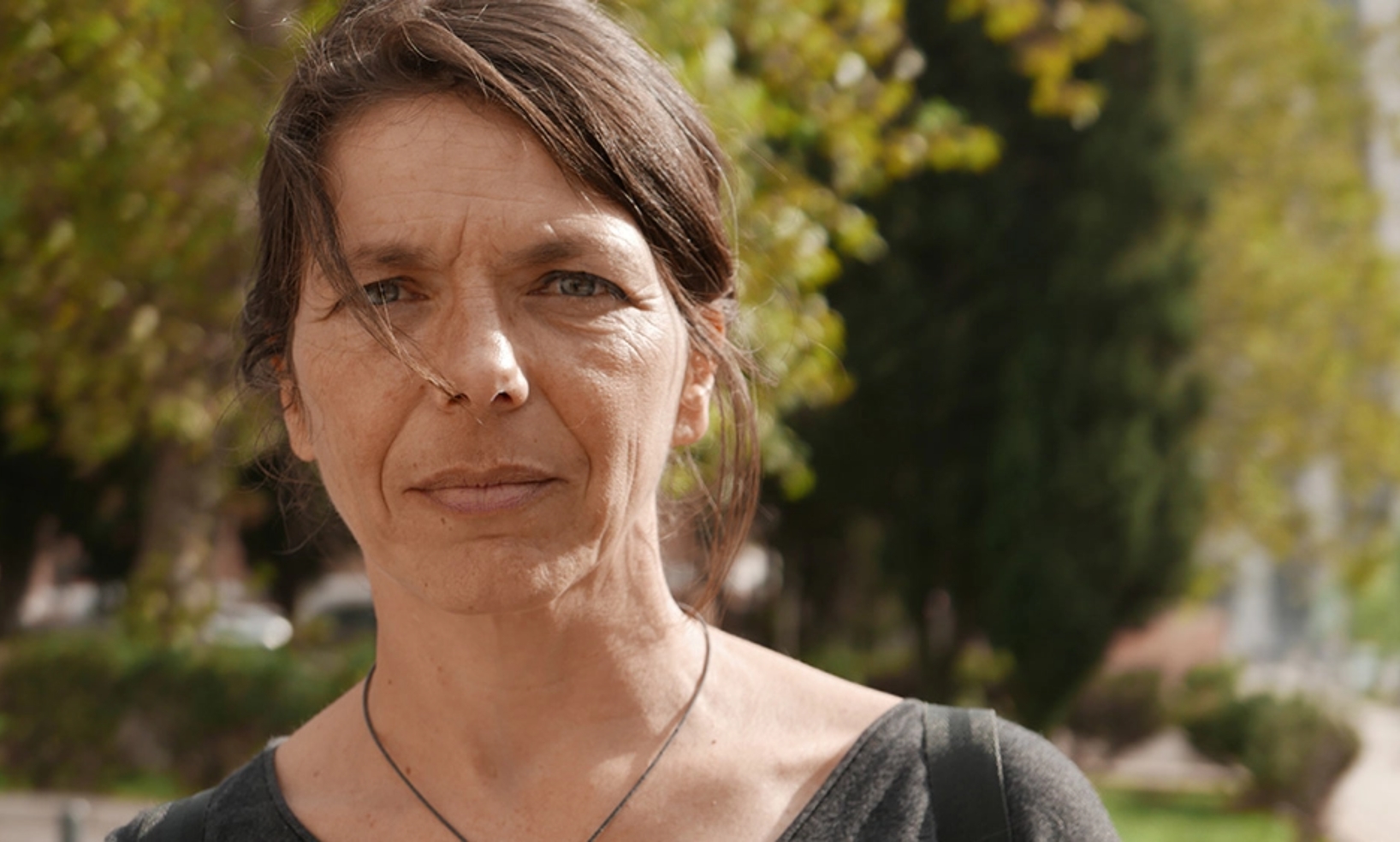
Visual Trust is not only a project about ethics, but it is also a project that put ethics and good practices in relation to research with visual means at the heart of its objectives. It is for the reason that a set of protocols and documents to safeguard the right of participants have been designed. In addition, Dr. Catarina Alves Costa is the project's ethics advisor and will guide us throughout the development of the project to comply with good ethical practices. At the end of the project, a guide to the using of audiovisual methods in social research will be elaborated.

Information Sheet
This form gives you information to help you decide if you want to participate in a research study on Visual Trust.

Informed Consent Form
Informed consent is an ethical principle according to which a participant must have sufficient information before making his or her own free decisions about participation in the project.

General Script for Oral Consent
This document will be read aloud in the language the informant understands.



